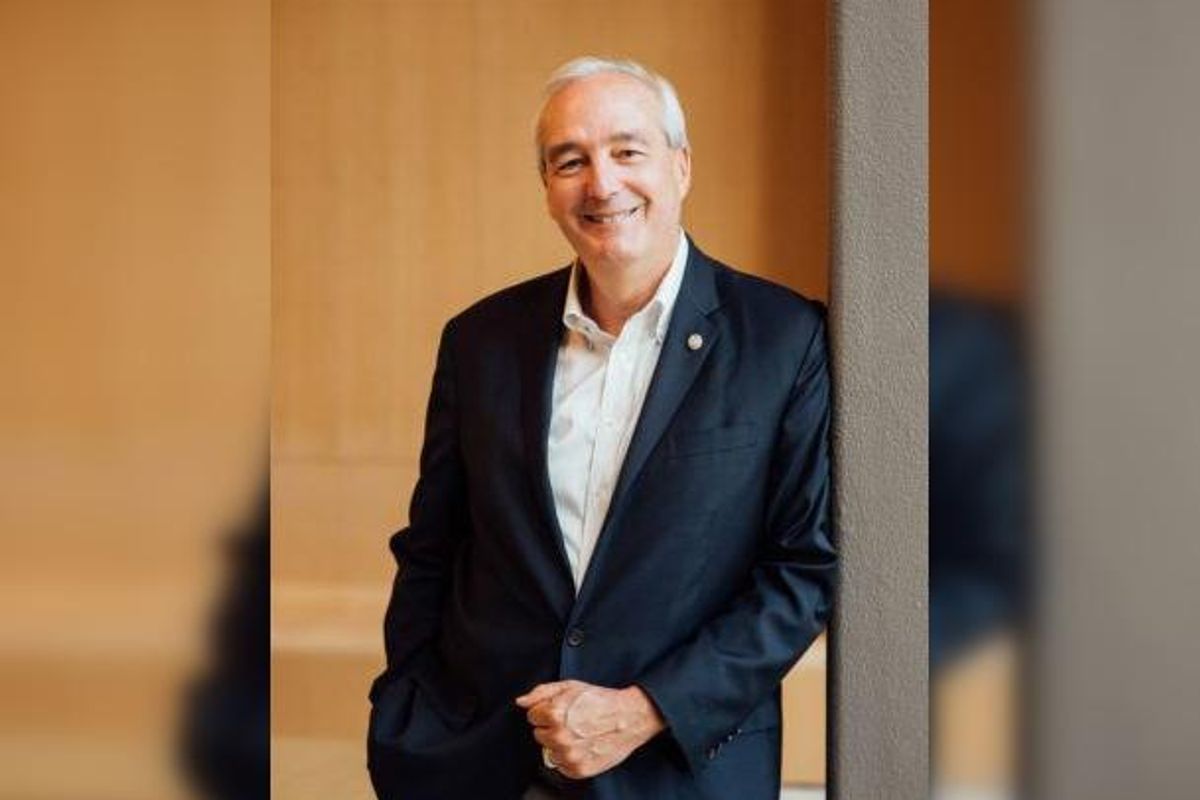Texas A&M receives $10M to create cybersecurity research program
donation station
Texas A&M University has launched an institute for research and education regarding cybersecurity.
The Texas A&M Global Cyber Research Institute is a collaboration between the university and a Texas A&M University System engineering research agency, the Texas A&M Engineering Experiment Station. The research agency and Texas A&M are also home to the Texas A&M Cybersecurity Center.
The institute is funded by $10 million in gifts from former Texas A&M student Ray Rothrock, a venture capitalist and cybersecurity expert, and other donors.
Texas A&M says the institute “will conduct high-impact research on threats to and protections for the nation’s security and economy while uniquely preparing students to excel in the ever-growing cybersecurity field.”
Katherine Banks, president of A&M, says the new institute positions the university as a hub for cybersecurity research and education.
“It builds upon the strong base of Texas A&M’s Cybersecurity Center and will help us educate the cybersecurity leaders of the future,” she says in a news release.
Tyson Voelkel, president of the Texas A&M Foundation, emphasizes the institute’s potential to not only prepare students for cybersecurity careers but also to raise awareness of cyberthreats among all students.
“Cybersecurity is a concern for businesses, our economy and our national security that affects both the public and private sector,” Voelkel says.
Revenue in the cybersecurity market is projected to reach $64.86 billion this year, according to data provider Statista. By 2027, that number is expected to climb to $116.3 billion.
In line with that projected revenue growth, the U.S. Bureau of Labor Statistics forecasts the number of information security analysts in the U.S. will rise 35 percent between 2021 and 2031. The bureau lists the median pay for an information security analyst as $102,600 per year.

